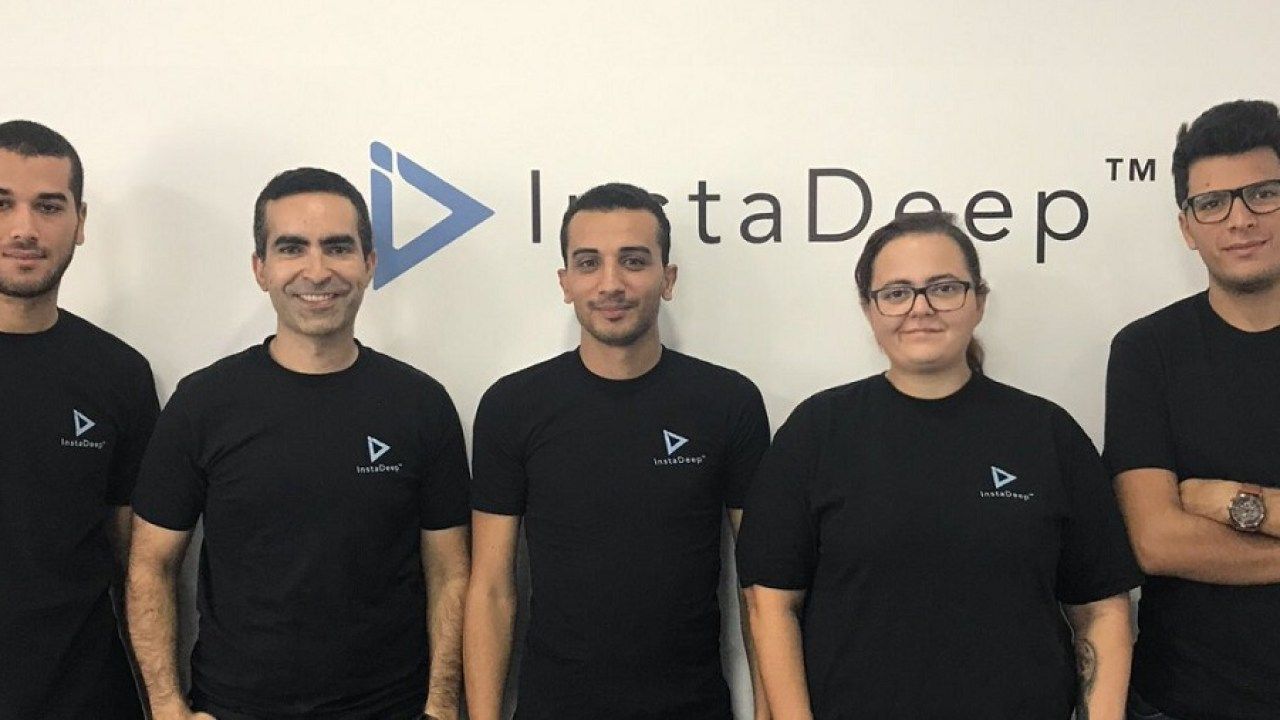Tunisian and London-based enterprise AI startup, InstaDeep raises $100M in series B round

InstaDeep, an enterprise AI startup that specializes in creating decision-making systems for solving real-world problems has raised $100 million in Series B financing led by Alpha Intelligence Capital and CDIB.
BioNTech,Chimera Abu Dhabi, Deutsche Bahn’s DB Digital Ventures,Google, G42 and Synergie participated in the round.
InstaDeep was founded by Karim Beguir and Zohra Slim in 2014. The Tunisian startup is headquartered in London with offices in Paris, Tunis, Lagos, Dubai and Cape Town. Thestartupuses advanced machine learning techniques to bring AI to applications within an enterprise environment.
The CEO, Beguir, on a media chat withTechCrunch, said that the eight-year-old company’s AI and machine learning solves an array of challenges. InstaDeep uses reinforcement learning, a kind of machine learning that helps design optimization strategies and tackles them simultaneously.
The company disclosed in a statement that it is currently working on a moonshot product to automate railway scheduling with Deutsche Bahn, the largest rail operator in Europe.
InstaDeep partnership with BioNTech dates back two years agowhen both enterprises launched a joint AI innovation lab. The lab’s mandate was to deploy the latest advances in AI and ML to develop novel immunotherapies.
One of its best efforts came in late November when it created an early warning system (EWS) for detecting high-risk SARS-CoV-2 variants. Per a report by FT, this EWS identified more than 90% of World Health Organization (WHO) designated variants on average two months ahead of time and detected Omicron three days before it was classified as a variant of concern by the WHO.
InstaDeep also collaborates with Google’s AI research divisions to create an early detection system for desert locust outbreaks in Africa; it has worked on AI initiatives and has published joint research with DeepMind and Google Research.
“With them being our partners and customers, they’ve been able to see firsthand what InstaDeep platform and the team can achieve,” said Beguir. “So we see it as a significant milestone and also sort of a vote of confidence in our capabilities and products that they are investing having worked very closely with us on difficult problems for years.”
Beguir and Slim bootstrapped InstaDeep from 2014 to 2018, pumping revenue from clients back into the business acquiring new talent and expanding. In 2019, the Tunisian startup raised a $7 million Series A round from pan-African private equity firm AfricInvest and New York-based Endeavor Catalyst to scale its systems.
The enterprise AI startup plans to accelerate the launch of disruptive AI products across biotech, logistics, transportation and electronics manufacturing. These will enable it advance its computing infrastructure, expanding into the U.S. and hiring more talent.
InstaDeep currently has over 170 employees. More than 130 are in AI research, engineering, ML and DevOps departments, while half of the team is based in its African offices: South Africa, Nigeria and Tunisia.
“We’ve managed to build a culture of high standards and prove that the talents in Africa are capable of being competitive, working and collaborating with the very best,” said Beguir. “That’s the story we’ve been able to nurture. And today, we’re proud to have a team which is now over multiple countries in Europe, Middle East and Africa, but has some very passionate African AI researchers, engineers making a tangible contribution.”
Beguir mentioned on the call that at the time InstaDeep started with “two laptops, $2,000 and a lot of enthusiasm,” many investors and onlookers within the African tech and AI space doubted the company’s goal to collaborate with the likes of DeepMind and Google.
Beguir, half Tunisian and half French, grew up in the North African country but studied engineering and mathematics in France and the U.S.
Beguir said he started InstaDeep to prove that African talent could be competitive, make a difference in deep tech and collaborate and compete with the best in the world.
“It is possible to create a globally competitive company with strong African roots, but also well integrated into the world working on genuine deep-tech innovation, and doing things that haven’t been done before,” the CEO said. “That’s been our story so far, and we can’t wait to take it to the next level with our investors and partners and try to have a positive impact on the ecosystems in which we operate and all the partners with whom we work.” He said.
